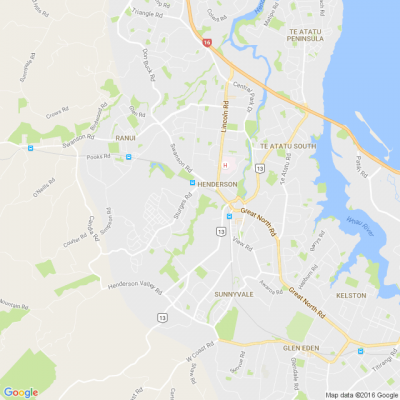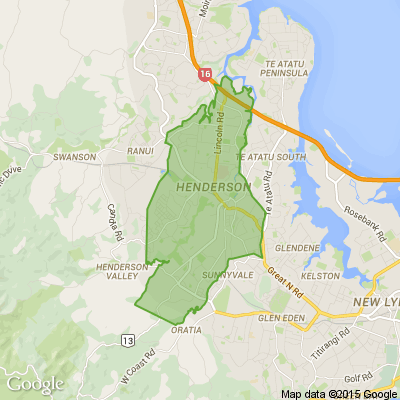Too good to be true? It probably is.
Police are warning people to be careful about buying goods from social media.
That shiny new item on sale for a bargain may be too good to be true, police say.
The warning comes after two people were arrested for allegedly attempting to sell stolen items.
The arrests follow investigations into mail and parcel thefts in Hobsonville and Greenhithe, West Auckland.
An 18-year-old woman and a 32-year-old man have been charged with burglary, theft of mail and fraud related matters.
A number of stolen items are appearing for sale on social media, a police spokesperson said.
Often these could be brand new items, which are stolen, listed for sale.
"In the past offenders have created fake profiles in order to sell stolen items, before blocking buyers shortly after," police said.
If buying online, you should:
*Check the social media profile of the seller. Is it a new profile or relatively blank? It could be a fake profile.
*Be cautious if the seller insists on meeting at a public place. This could mean the vendor is selling stolen items and doesn't want to be identified.
*Use a reputable online site to sell items.
*Go by the saying, "if it's too good to be true, it probably is."
If you are having parcels delivered, police recommend you require a signature for your delivery and arrange to have your parcel left in a place hidden from the road.
Recipients are encouraged to get their parcels delivered to a work address or if possible, to collect the goods from the courier's depot.
If you see suspicious activity, phone 111 immediately.
Phone 105 to report a burglary.
Have you been the victim of a parcel theft?
Have you seen goods on social media which seemed too good to be true?
If so, can you give some examples?
*Please put NFP if you do not want your comments used by Stuff.

What workplace change would you like to see most?
This coming Monday is Labour Day in New Zealand. This public holiday marks when the eight-hour workday and 48-hour workweek became law in 1899. The idea started with Samuel Parnell, a carpenter in Wellington, who in 1840 refused to work more than eight hours a day. Since skilled workers were in short supply, his employer had to agree.
As more skilled workers arrived, employers tried to change working conditions, but Parnell and others kept pushing for better rights. In 1890, Parnell led a Labour Day parade of 1,500 people to promote the eight-hour day. He passed away shortly after, and nine years later, Labour Day became an official public holiday.
Do you feel that we have reached the ideal in working environments yet? What rights are you passionate about relating to employment? Share your thoughts!

Labour Day Shop Hours
Red Cross Shop Henderson is open on the 28th October Labour Day!
Come visit us at:
435 Great North, Henderson
Monday to Sunday
9:00am to 5:00pm
Six tips for improving security around your home
1) Improve outdoor lighting
Ensure that streets, driveways, and front yards are well-lit. Motion-sensor lights around homes deter trespassers by reducing hiding spots and illuminating their movements.
2) Trim your trees
Overgrown shrubs and trees provide cover for intruders. Keeping them well-trimmed around windows and doors improves visibility and reduces potential hiding spots.
3) Secure Entry Points
Ensure doors, windows, and gates are always closed when you are away from the house. Upgrade to more secure locks, deadbolts, or even smart locks for added protection.
4) Add a security camera
Place security cameras in the main entry points to your home. Doorbell cameras are also relatively cheap and a great way to keep track of who is visiting your home when you aren't there.
5) Start a Neighborhood Watch Program
You could reach out to members on Neighbourly to form a group of neighbors who can regularly keep an eye out for suspicious activity and report it. You could also check with Neighbourhood Support to see what is existing in your area.
6) Introduce yourself to your neighbours
The closer you are to your neighbors, the more likely they’ll notice when something unusual or suspicious is happening around your property
Feel free to share anything that you do around your area to deter crime.








 Loading…
Loading…














